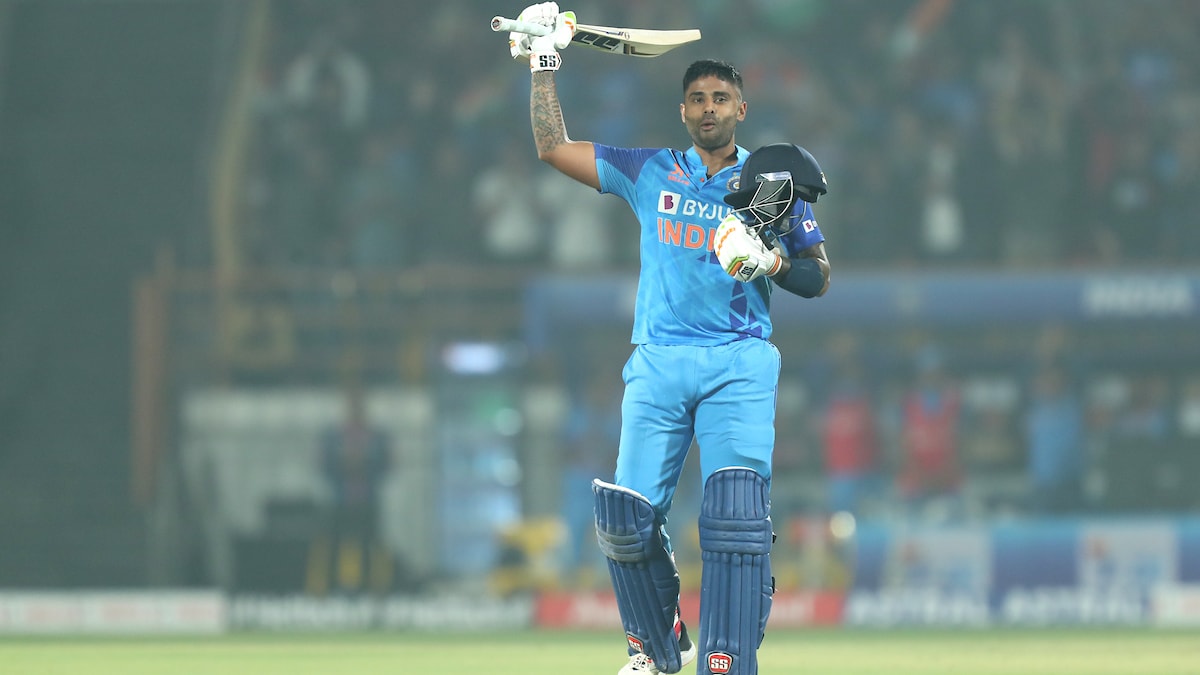The SFI had organised a screening of the BBC documentary at Jamia Millia Islamia.
New Delhi:
More than a dozen students, including members of a left-wing group, were detained by the police and classes were suspended at Delhi’s prestigious Jamia Millia Islamia university on Wednesday over a plan to screen the controversial BBC documentary on Prime Minister Narendra Modi this evening.
Police in blue riot gear and vans with tear-gas cannons reached the gates of the college in southeast Delhi. In an order issued on Tuesday, authorities at Jamia had said they will not allow any unauthorised gatherings on campus after the Students Federation of India announced the screening on Facebook.
The documentary, based on Prime Minister Narendra Modi’s tenure as Chief Minister of Gujarat during the 2002 riots, has kicked up a storm with the government claming down on the film and asking social media companies to take down links to it. The opposition has slammed the move as blatant censorship.
A similar screening organised by some students at the Jawaharlal Nehru University last evening ran into trouble with both internet and electricity turned off in the students’ union office. A crowd of hundreds instead huddled together outside in the dark to watch the documentary on phone screens or their laptops, and the evening ended with a protest march. The JNU authorities had warned of disciplinary action if the documentary was screened, saying the move might disturb peace and harmony on campus.
“The students were not doing anything illegal. The documentary has not been formally banned. Dissenting against the government is a right enshrined in the constitution. If these basic qualities of a democracy are being denied in places of higher learning where we are supposed to teach students to question, be critical, to dissent then it is showing a very dangerous trend in what is supposed to be the biggest democracy in the world,” Varkey Parakkal, a leader of the SFI, told NDTV.
PM Modi’s government has labelled the two-part documentary series ‘India: The Modi Question’ as a “propaganda piece”. He has been cleared of any wrongdoing by investigations into the Gujarat riots. Last year, the Supreme Court rejected an appeal against his exoneration in one of the cases linked to the killings.
Over 1,000 people were killed in the three-day violence in Gujarat in 2002 and the state police faced grave charges of not doing enough to stop the riots that began after a train coach carrying pilgrims was burnt in Godhra, killing 59 people.






